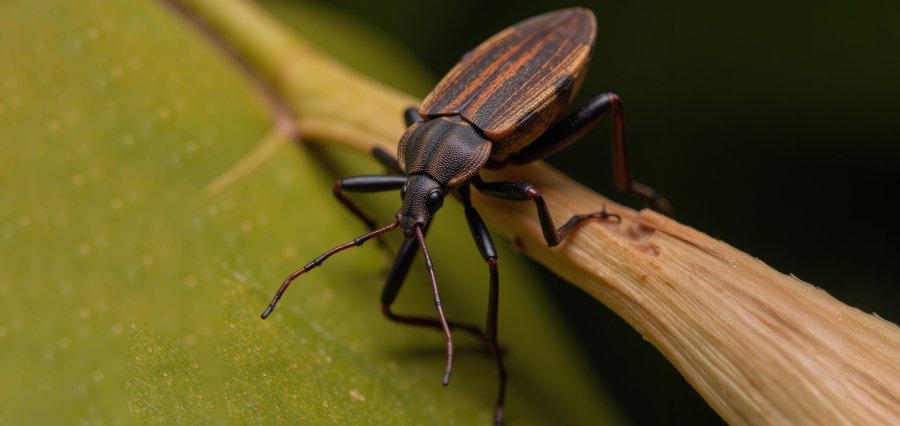Prime Highlight
- Researchers warn that Chagas disease may affect up to 100,000 Californians, with many cases going undiagnosed until severe heart or digestive issues arise.
- Experts are urging the CDC and WHO to declare the disease endemic in the U.S., as infections have been reported in eight states, including California, Texas, and Florida.
Key Facts
- Early treatment with benznidazole or nifurtimox can cure up to 100% of acute cases, while chronic treatment can slow progression.
- Chagas disease has two phases: an acute stage with mild or unnoticed symptoms, and a chronic stage that can lead to heart failure, arrhythmias, or sudden cardiac arrest.
Background
Chagas disease, a parasitic infection carried by kissing bugs, may affect as many as 100,000 Californians, researchers have warned. The disease, caused by Trypanosoma cruzi, often remains unnoticed until it triggers severe heart or digestive problems.
The kissing bugs bite the face and leave feces close to the bite. The parasite can be introduced into the body via an incision, the eyes, or the mouth, which may make a person infected. Regarded as a Latin-American disease, Chagas disease has recently been reported in 32 states in the US, with a human infection being reported in eight states, such as California, Texas, and Florida. The experts are urging the CDC and WHO to declare it endemic in the United States.
There are two stages of symptoms. The acute period, which spans weeks or months, can be mild or not noticeable, featuring fever, fatigue, rash, or swollen eyelids. Decades later, the chronic phase may occur, which impacts 20-30% of those infected, causing heart failure, arrhythmias, sudden cardiac arrest, or gastrointestinal tract complications. A lot of patients only discover their infection when they experience a life-threatening event, e.g., a heart attack or stroke.
The parasite or antibodies can be detected in blood and associated with a diagnosis. Cure can be achieved at up to 100 percent of the acute cases through early treatment with medications such as benznidazole or nifurtimox. Treatment can delay the disease progression even in the chronic stages.
To prevent getting infected, public health officials suggest that individuals need to avoid contact with kissing bugs, seal homes, use insecticides, test when in danger, and maintain the safety of their blood and organs. Training physicians to diagnose Chagas disease in the U.S., now that it has begun to spread locally, is another issue emphasized by researchers. Prevention and awareness are key to the reduction of this deadly threat, which is silent.










